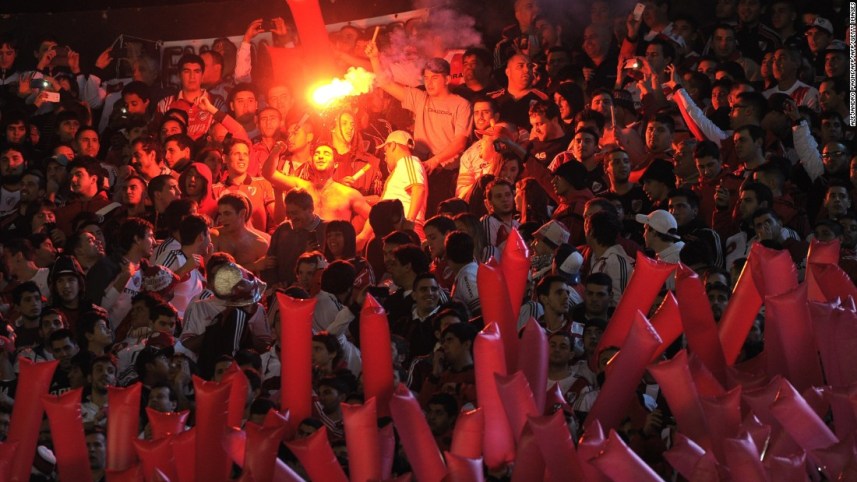Boca vs. River. River vs. Boca. It’s the final that many have hoped for, but none are really prepared for.
After the comeback win by River Plate against Gremio last Tuesday, and Boca Juniors’ 2-2 tie against Palmeiras that brought the aggregate score to a 4-2 outcome for the team from “La Rivera”, the 2018 Copa Libertadores final matchup is nothing short of epic. The two largest clubs in Argentina, and two of the largest in the world whose rivalry is typically considered as thee of the spiciest in the sport, are making history today as they face off in the first leg in the final for the highest trophy in South American soccer. Starting at 3:00 PM EST, “Boca y River” will face off in the first of two historic matches to settle who will come up on top in a final that will see the winner celebrate victory, and in front of none other than their lifelong rival.
The Superclasico
Occasionally compared to other well-known rivalries and derbies such as Real Madrid vs Barcelona or Manchester United vs Liverpool, the Argentine “el Superclasico” as it is known, pits two sides whose rivalry goes back over one hundred years. Founded in the immigrant and working-class neighborhood of La Boca during the first decade of the last century, both clubs worked their way into what would eventually be the first division of Argentine Soccer. The first derby took place on August 24th, 1913, where River won by the slight margin of 2-1. Since then, many soccer luminaries like Angel Labruna, Alfredo Distefano, Diego Maradona, Juan Riquelme, Pablo Aimar and Carlos Tevez, as well as current coaches Marcelo Gallardo for River and Guillermo Eschelotto for Boca, have all added their own contribution to an athletic standoff that turns Argentine society on its head. Much of this is due to the socio-economic implications of what has for decades been perceived as a clash of two teams who represent neighborhoods of entirely different social strata.
Given a troubled history with fan violence, both CONMEBOL and AFA have determined that no visiting fans are allowed to attend either match, even as the decision has been met with jeers, anger and derision by a large part of the participating Argentine clubs’ fans. For many in the country however, this has been welcomed news, as violence during soccer matches in Argentina has grown largely since the mid to late 1990s. Mounting a historic police presence, the Argentine Football Association along with the host city of Buenos Aires, are hoping to lower all decibels as far as any hooligan or out-of-place behavior is concerned.
El Superclasico is considered to be one of the most prestigious and hotly contested derbies in world soccer, so the fact that its context, characters and settings will guide the script for the finals of one of soccer’s most prestigious tournaments has kept many throughout football eagerly awaiting what is sure to be an unparalleled and once-in-a-lifetime contest.


